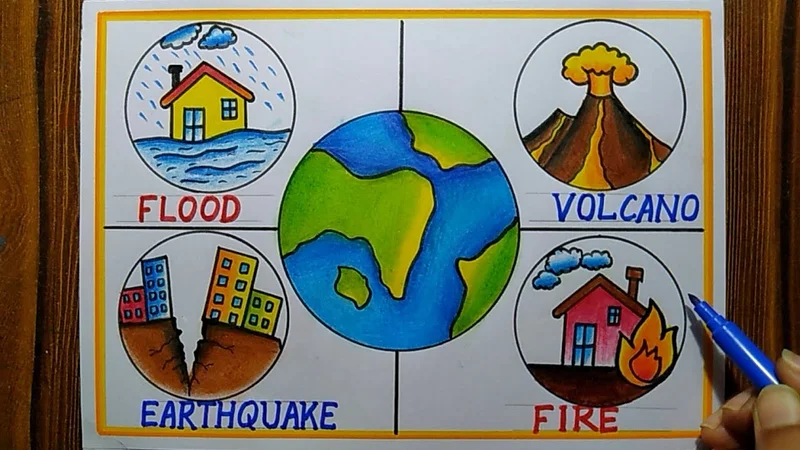The Caribbean's Climate Doom Loop: Are We Next?
Okay, so another hurricane just wrecked the Caribbean. Big deal, right? Happens every year. Except, this time, it's Hurricane Melissa in 2025, and according to some study, it's not just "another hurricane." It's a sign of the freakin' apocalypse... or at least, a "compounding disaster trap," as they're calling it. No time to recover: Hurricane Melissa and the Caribbean’s compounding disaster trap as the storms keep coming
The Disaster Feedback From Hell
This "trap" is basically a feedback loop from hell. Infrastructure gets hammered, economies tank, and people bail. Then, surprise, surprise, the next storm hits, and the whole thing starts all over again. It's like watching a cartoon character run into a wall, only instead of a bump on the head, they get buried under a mountain of debt and despair.
The article mentions Hurricane Ivan costing Grenada over 200% of its GDP. Two. Hundred. Percent. That's like owing twice what you even make in a year. How the hell does anyone recover from that? Oh wait, they don't. They just borrow more money and pray for a miracle. Except the miracle is probably just another hurricane taking out what little they've managed to rebuild.
And the social erosion? Don't even get me started. People fleeing, communities breaking apart... It's not just about the buildings; it's about the people. More than 200,000 people left Puerto Rico after Maria. Who can blame them? Why stick around for the next disaster when you can start over somewhere else?
Band-Aids on a Burst Artery
So, what's the solution? More money? Better building codes? The article throws out some ideas – decentralized power grids, natural infrastructure, hurricane clauses in bond agreements. All sounds great on paper, offcourse. But let's be real, these are just band-aids on a burst artery.
They talk about "adaptive recovery at all levels." What does that even mean? Sounds like some consultant-speak designed to justify another bloated government program. Cash transfers and mental health services are nice, I guess, but they don't exactly solve the underlying problem. You can't therapy your way out of a Category 5 hurricane.

And the global level? Fixing the debt trap? Good luck with that. International financial institutions are about as likely to show compassion as a shark is to volunteer for a vegan diet. They'll offer loans, sure, but at interest rates that would make a loan shark blush.
Here's the kicker: "The current international disaster finance system... requires countries to prove their losses after a disaster in order to access assistance, often resulting in months of delay." Months?! While people are starving and their homes are underwater? Give me a break. It's like watching someone bleed out while you're filling out the paperwork for a blood transfusion.
But wait, it gets better. Brazil is hosting the COP30 climate summit, trying to paint themselves as climate leaders. Meanwhile, indigenous leaders are calling it all "greenwashing" because they're still dealing with the fallout from a dam collapse that happened almost a decade ago. The hell? High Court rules company liable for Brazil dam collapse - the country's worst environmental disaster
We're All Doomed, Aren't We?
Okay, so the Caribbean is screwed. But what about the rest of us? The article ends with a cheery little thought: "What’s happening in Jamaica, Cuba and Haiti today is a glimpse of what’s coming for coastal and island communities worldwide as climate change accelerates."
Great. Just what I wanted to hear.
I mean, I live in Florida. Maybe I should start building an ark now. Or maybe just move to Montana and become a hermit. Except, wait, Montana is probably going to be underwater in a few years too, isn't it?
